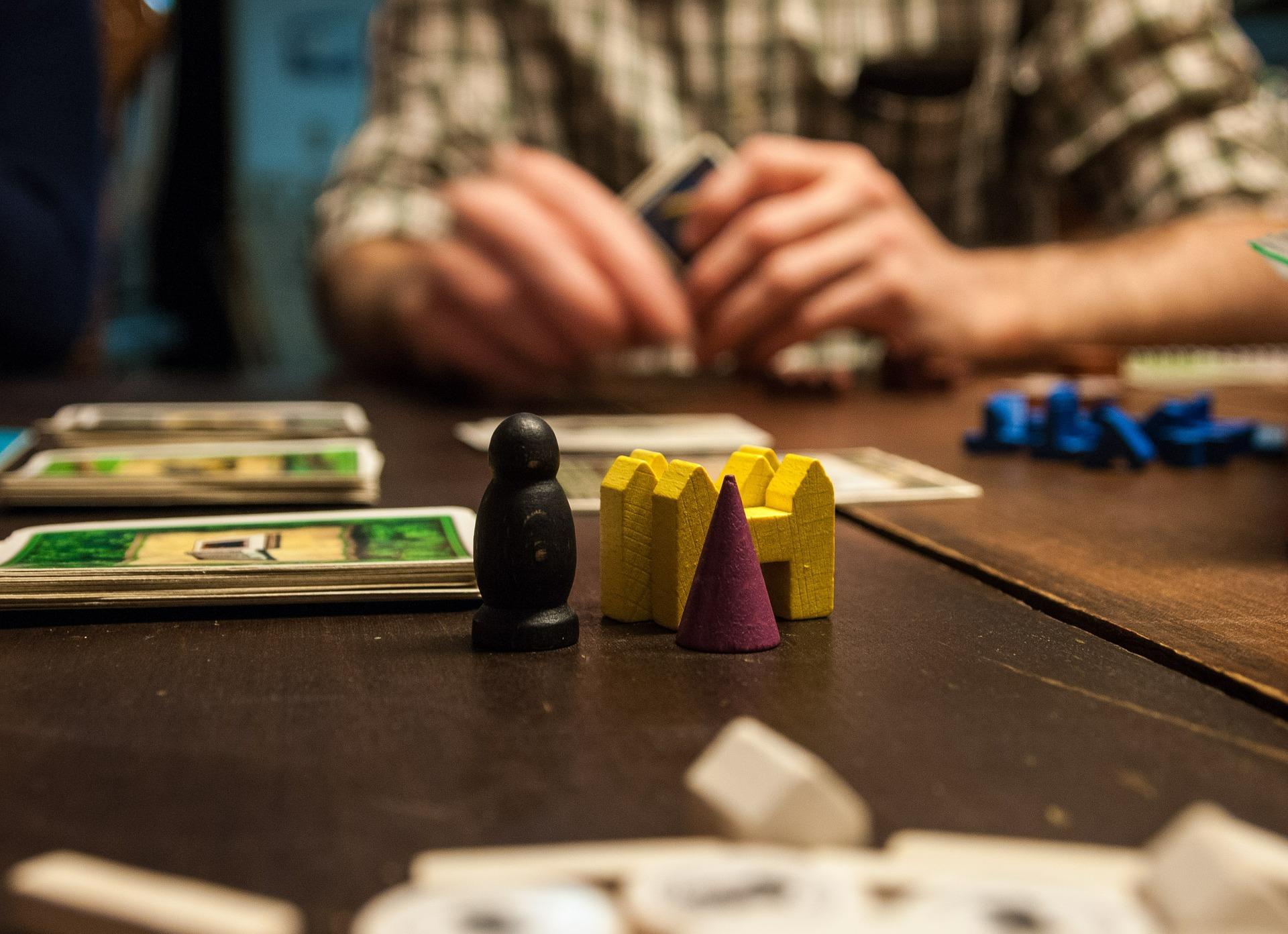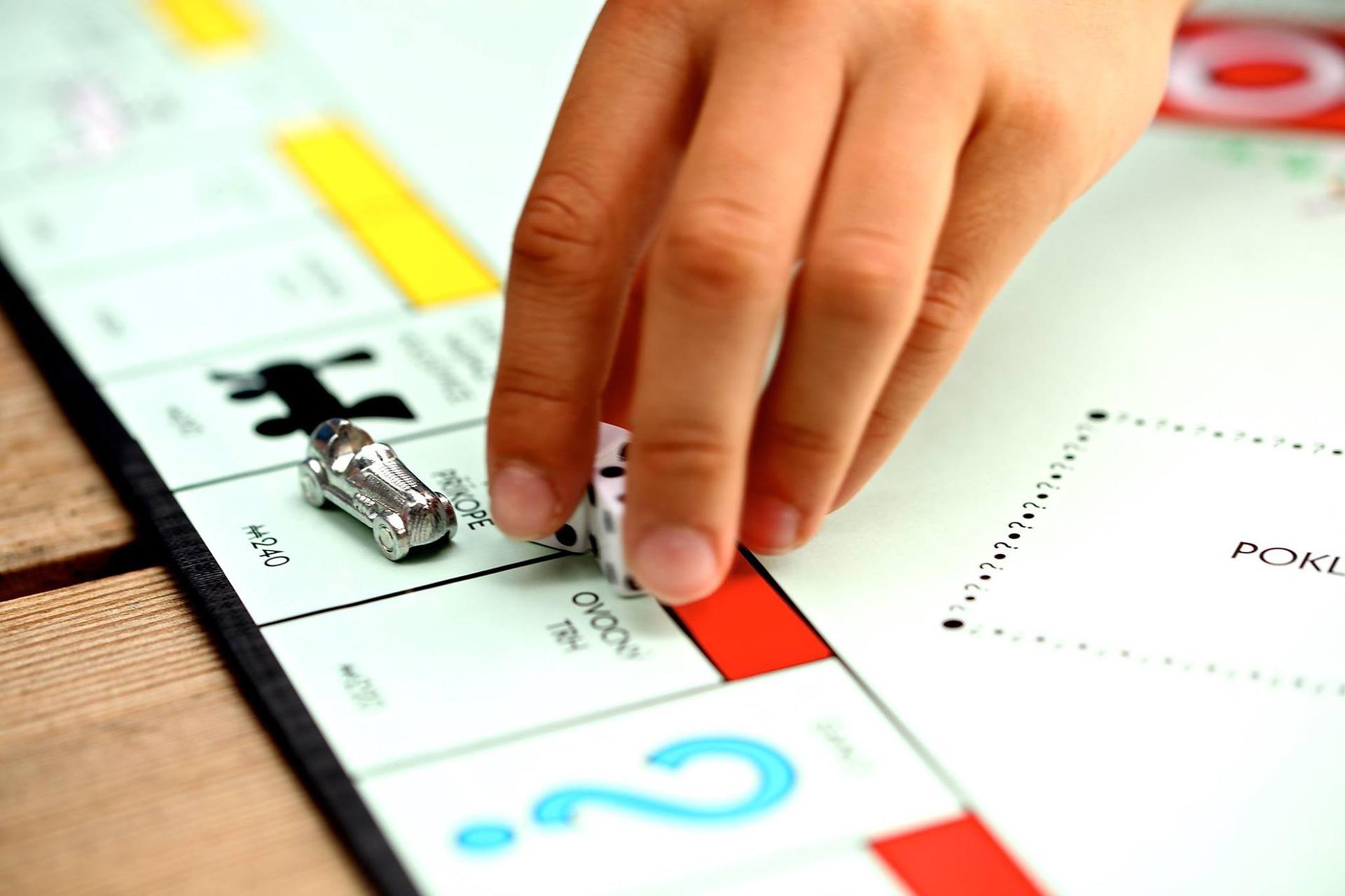“Live and work but do not forget to play, to have fun and really enjoy it.” Eileen Caddy
Children learn a great deal through play – playing with others, climbing a tree, messing in the sand, mud or clay or helping mom or Dad wash the family car. So much learning is taking place without them actually noticing. The same can happen if foreign language learning games are introduced to facilitate learning. It is, however, important to know how to introduce games into the classroom effectively to complement their learning of the language.
The good folk at Superprof have given this some thought and put together a helpful guide on how to use games in a language class and help you discover that learning languages is fun.
Want to give private lessons?
Join the Superprof community and share your knowledge with inquiring and motivated students.
How Can Games be Used to Teach Children a Foreign Language?
It takes quite a bit of creativity to teach children a foreign language, especially getting and holding their attention. Games are a wonderful way to advance their language skills in an informal way.

There are several things to keep in mind when teaching children a language which foreign to them – be it English as a foreign language (EFL) or Xhosa to an English-speaking learner.
Firstly, adjust the content of your lesson to the level and age of your learners.
Pre-schoolers, for example, will enjoy following stories, like Heidi, in picture books or in video format. They will relish singing along to fun songs and nursery rhymes. They can also view podcasts of native speakers, where they will be exposed to the accent and the pronunciation of words.
For primary school children, board and card games are a great alternative, as they will interact with other learners, start to speak and build their vocabulary in the target language. Particular words and phrases will be repeated often, which helps with the building of their vocabulary, as well as speaking and pronunciation skills.
Preteens love digital media and, so, online games, tablets and augmented reality can really make a foreign language class come to life through increased engagement and immersion. There are many apps and sites that you can use to add games and digital resources to your language class. You must, however, keep in mind why you are utilising digital resources in the first place.
Follow these 5 steps:
- Choose the game
- Start with the end goal in mind: students must know what they are working towards.
- Explain the rules clearly.
- Ensure that learners follow the rules of the game.
- If necessary, intervene.
Games can help to create the impression, in the mind of a young learner, that learning languages is fun, as they will be learning the necessary language skills in a fun, informal way.
Which Languages Can Be Learned Through Games?
Board games are very effective tools in the language classroom and can be utilised no matter the language. Whether the class is for adults, teens or young children, there are a number of ways to include games in language lessons.
With children, in particular, it’s a great idea to make use of board games, card games and video games in the target language.
There are quite a number of foreign language learning games that can be utilised:
- Kloo
- Spot It!
- Pictionary
- Monopoly
- Scrabble
- Time’s Up
Most households have a copy of these popular games, but for a game like Scrabble, you must procure a version of the game in the target language, because the scoring is different. Scrabble (Foreign Language Edition) can expose you to more than 30 different languages, including Russian, German, Danish, Spanish and Portuguese and can be a really handy addition to a language class. You must just ensure that the resources and games chosen match the language that is being taught.
The English version of Scrabble is very useful in the teaching of English as a foreign language. However, native speakers can also use the game to brush up on their language skills. Crossword puzzles and similar games can also help tremendously in the building of vocabulary and practising of spelling.
There are a number of games that can be helpful in the learning of a language, even a minority or regional language, which may have fewer resources for learners to utilise.
The Benefits of Employing Games in Language Lessons
There are a raft of benefits stemming from games being used in language classes:
- Games make learners active participants in lessons and facilitate their interaction with fellow-learners while learning the target language.
- They make growth happen in a way that’s subtler and more informal, almost, in an unnoticed way.
- Learners can develop a number of skills at the same time.
- They can work differently, while making use of reasoning skills.
- Games also give students the opportunity to express their thoughts and consider their decisions, often in the targeted language.

Games provide learners a distinct goal or objective, as they provide a goal which is measurable. This allows students to develop specific language skills, without feeling that they’re pressurised to learn.
Students, who learn through play, will also feel less anxious about messing up in the language they’ve chosen to learn. The atmosphere in which they learn will be more relaxed, because students are invited to explore the language and dictate their own learning pace.
Away from the classroom, students can play board games, thus extending their learning in an easy, unpressured way. They can review the day’s lesson in this way, while involving other family members in the fun. Playing Monopoly in their target language on a games-evening, would be a wonderful way to exercise their language skills.
Students should view their language classes as an opportunity to learn new words, discover new cultures and practise their new skills and vocabulary. One of the coolest ways to learn more about another culture is to play a board game in that particular culture. The playing of games, especially through role-playing, will teach you greetings, as well as expose you to cultural norms and expected behaviours.
Are you wanting to teach your learners to count in French?
Use a simple card game to do the trick!
Which Games Are Best for Learning a Language?
Here are some ideas that you can introduce into your language classroom.

Firstly, be imaginative when you include games in your classes.
You could even have your students try their hand at creating language games to learn the target language. They can, for example, create their own memory game, since all they require are a couple of sheets of card or paper, scissors, pens or Koki’s (markers).
Have your learners cut two sets of cards, say 5 x 5cm squares, using a different colour for each set. On half of the cards they should write words they’d like to learn in the target language and, on the other half, their English equivalents.
To play, a player turns over a pair of cards, one in each colour. If the are correctly matched, the player keeps them. If not, the cards are turned face-down again and the next player gets a chance to play. The player, who accumulates the most cards by the end of the game, is the winner.
While they’re playing the game, you can also ensure that they know the terminology in the target language for all the tools they are using (pen, glue, scissors, etc).
This is also a great chance for students to exercise their motor skills, which is very important for young learners. A double win!
Games similar to Taboo are very useful when honing your language skills. The way this game works is that one player writes a word, in the target language, onto a card. He or she then gives clues as to what the word relates to, without saying the word and the classmates try to guess what the word is.
Players are not permitted to use related words or particular synonyms. If the word were house, for example, the player would not be allowed to use words such as:
- Room
- Domicile
- Flat
- Home
- Residence
The idea is that each player has to use his or her knowledge of the target language to explain the word so clearly that his or her classmate or partner can readily guess the word. Taboo can be played by multiple players at the same time and is ranked amongst the best-selling games in a number of countries.
Learners, with a fair level of proficiency in their language of choice, can also participate in a game of Scrabble, a very popular activity in EFL classes.
Several other games can also be utilised and, possibly, adapted to language lessons:
- Memory
- Flashcards
- Pictionary
- Monopoly
- Guess Who?
It should be quite evident by now that games are a first-rate tool to make use of in language lessons.
While digital resources and video games can also be utilised, board games have an added advantage of allowing more students to participate and communicate, while learning from one another, at the same time. Again, don’t forget to give creating language games of their own a shot.
If you still feel that you require help with your foreign language lessons you can elicit help from one of a number of wonderful Superprof professionals.
Going the route of a private tutor is an outstanding way to orchestrate learning - what you want, at your convenience. It is doubtful that you will find a better option!
Want to give private lessons?
Join the Superprof community and share your knowledge with inquiring and motivated students.
Summarise with AI:














